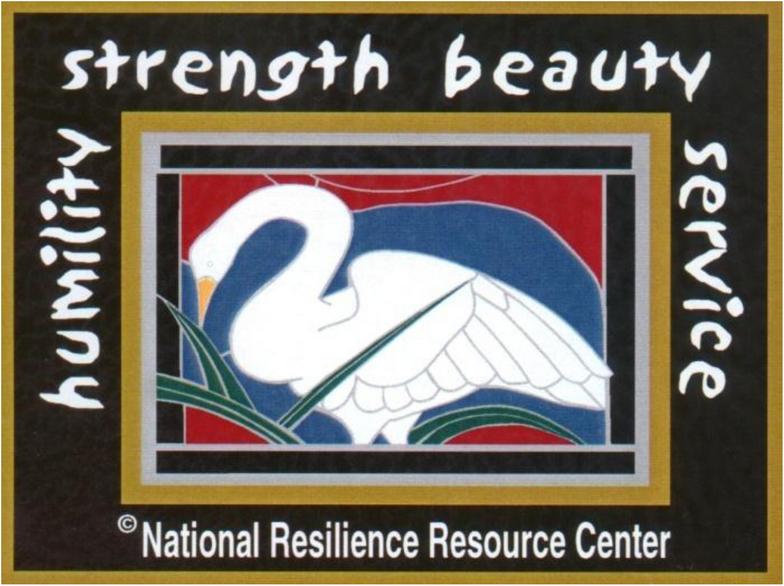National Resilience Resource Center
Changing Educational Systems
Clearly, against all odds, educators are deeply committed to students, to colleagues, and families. Amazing things are accomplished in classrooms and certainly children’s lives are turned around every day. Yet, without a doubt educational systems need improvement on many fronts and are ripe for the principles.
Educators, administrators and elected officials all know the challenges facing education first hand. Public education systems, in America and to a large degree globally, face staggering challenges:
- Administrator turnover
- Student mobility
- Poverty
- Complex federal and state regulations
- Testing
- Politically changing priorities and shrinking budgets
- Ever-increasing class size
- Linguistic diversity
- Mental illness
- School violence
- Socioeconomic pressures on families
Perhaps most difficult is the expectation that more can be done with less….less teacher time with students, with team members, and in reflective preparation. Cutbacks in administrative time are the last straw. Nothing is easy to schedule; exploration and innovation are luxuries.
Find Resources
- Special Interest Resources
If you are the first person in your school to learn the principles there are at least these options:
- You can be content to live the principles in your personal life and, in doable ways, infuse what you know in your own work at school; others may become curious and ask you what is going on. At that point it may make sense to refer a colleague to outside training in the principles.
- If you are in a leadership position or feel you can impact someone who is, the alternative is to think strategically. What will it take to get a proper Implementation Team established and grounded in the principles? In this case team training in the principles outside the system (ideally conducted by highly experienced educators well-grounded in the principles) may be a sound beginning.
- Perhaps it makes sense to do staff inservices yourself; you will have more credibility than any outside consultant. Non-educators simply are not part of the system and therefore are seriously disadvantaged in changing school systems.
No matter how your school team receives basic principles training, the system cannot change unless the top leaders are leading motivated staff members. All parties need to deeply understand both the principles and educational systems.
To understand American educational systems more fully turn to key sources of current K-12 educational news, trends and innovations. Samples include Education Week, Educational Leadership from the Association for Supervision and Curriculum Development (ASCD), and the American Educational Research Association’s seven AERA journals. Comparable publications exist in every country. Any publication or presentation by Michael Fullan, Parker Palmer, or John Hattie is always influential worldwide.
These conditions demand deep understanding and vast experience inside the system. Who is most strategically positioned to successfully integrate the principles in education for the long haul? Hands down every time it will be the highest ranking administrator and his or her carefully selected team of educators in various positions of natural leadership from vital sectors of the system. Contact
NRRC if you need consultation forming an implementation team.
Build your implementation team with careful intent for long-term sustainability.
 | ||||||
Author and international educational speaker Sir Ken Robinson, in Educating the Heart and Mind, calls for personalizing education and creating flourishing school climates. Although he is not familiar with the Three Principles, he stresses the need for each child’s internal education and details the relationship of thought and feeling.
No part of this site or content may be copied, reproduced, republished, uploaded, posted, publicly displayed, translated, transmitted or distributed in any way (including "mirroring") to any other computer, server, Web site or other medium for publication or distribution or for any commercial use, without NRRC's express prior written consent.


